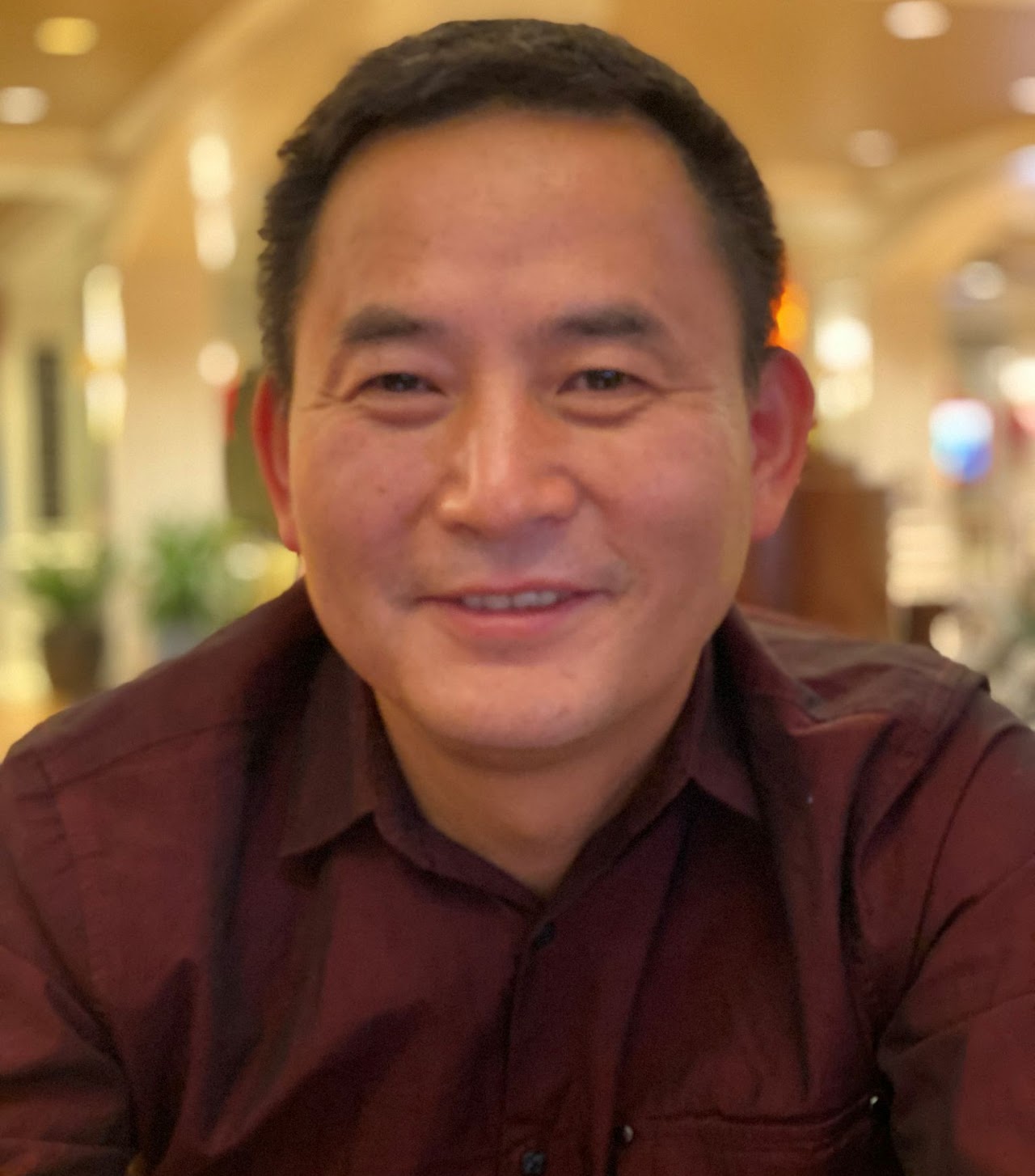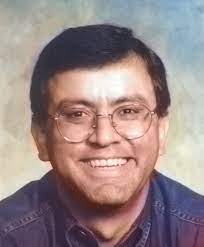Keynote Speakers
 Prof. Honggang Wang
(IEEE Fellow)
Prof. Honggang Wang
(IEEE Fellow)
Yeshiva University, USA
Dr. Honggang Wang is the founding Chair and Professor of
Department of Gradaute Computer Science, Katz School of Science
and Health, Yeshiva University in New York City. He was a
professor and the “Scholar of The Year” (2016) at UMass
Dartmouth (UMassD). He was early promoted to full professor at
UMassD in 2020. He is an alumnus of NAE Frontiers of Engineering
program. He has graduated 30 MS/Ph.D. students and produced
high-quality publications in prestigious journals and
conferences in his research areas, winning several prestigious
best paper awards. His research interests include Internet of
Things and its applications in health and transportation (e.g.,
autonomous vehicles) domains, Machine Learning and Big Data,
Multimedia and Cyber Security, Smart and Connected Health,
Wireless Networks and Multimedia Communications. He is an IEEE
distinguished lecturer and a Fellow of IEEE and AAIA. He has
also been serving as the Editor in Chief (EiC) for IEEE Internet
of Things Journal (5 Year Impact Factor: 11.7) since 2020. He
was the past Chair (2018-2020) of IEEE Multimedia Communications
Technical Committee and is the IEEE eHealth Technical Committee
Chair (2020-2021).
Prof.
LEE Kwok On Matthew
City University of Hong Kong, China
Professor Matthew K. O. Lee is Chair Professor of Information Systems & E-Commerce at the City University of Hong Kong (CityU). Professor Lee holds a first-class honors bachelor’s degree in electronic engineering, an MSc in software engineering, a Ph.D. in computer science, an MBA, and two law degrees. He is the recipient of several prestigious University scholarships and prizes, including an IEE Prize and a College Scholarship from Oxford University where he read for one of his degrees.
Professor Lee has a research and professional interest in IT-based innovation adoption and diffusion, knowledge management, electronic commerce, online social networks, online addiction, and the development of digital competence. He was Chairman of the Hong Kong Committee for Pacific Economic Cooperation (HKCPEC) advising the HKSAR Government on relevant APEC-related economic and cooperation matters (2016-2022), and he is currently a council member of the Hong Kong Productivity Council.
Professor Lee has published over one hundred refereed articles in leading international journals, conference proceedings, and research textbooks. His research has generated substantial impact as witnessed by his strong citation record. According to the “H-Index for Management Information Systems” published by the University of Arizona in May 2022, Prof Lee ranks in the top 3 in Asia as an MIS professor. He is ranked among the top 2% of scientists in his field since 2020, according to annual reports and data metrics published by Stanford University. Professor Lee is a recipient of the Research.com Business and Management in China Leader Award, being ranked as one of the top 10 best scientists in the field of business and management in China.
(Google Scholar Citations: 32649; H-Index: 77 - as of 16 June 2023)
Title: TBA
Abstract: TBA
 Prof.
Ender Ayanoglu (IEEE Fellow)
Prof.
Ender Ayanoglu (IEEE Fellow)
University of California, USA
Ender Ayanoglu received his Ph.D. degree from Stanford
University, Stanford, CA in 1986 in electrical engineering. He
was with the Communications Systems Research Laboratory,
Holmdel, NJ, part of AT&T Bell Laboratories until 1996, and Bell
Labs, Lucent Technologies from 1996 until 1999. During
1999-2002, he was a Systems Architect at Cisco Systems, Inc.,
San Jose, CA. Since 2002, he has been a Professor in the
Department of Electrical Engineering and Computer Science,
University of California, Irvine, Irvine, CA, where he served as
the Director of the Center for Pervasive Communications and
Computing and held the Conexant-Broadcom Endowed Chair during
2002-2010. His past accomplishments include invention of the 56K
modems, characterization of wavelength conversion gain in
Wavelength Division Multiplexed (WDM) systems, and diversity
coding. 56K modems broke what was believed to be the "Shannon
limit" of about 36 kb/s for voiceband modems. Since every laptop
computer includes one, the number of implementations of 56K
modems is estimated to be in the hundreds of millions or even
billions. His work on wavelength conversion gain in WDM networks
showed large gains can be achieved via better wavelength
selection and routing algorithms without the need for optical
wavelength converters. And, diversity coding is a technique for
link failure recovery in communication networks employing
erasure coding introduced in 1990, prior to the publication of
the first papers on network coding. During 2000-2001, Dr.
Ayanoglu served as the founding chair of the IEEE-ISTO Broadband
Wireless Internet Forum (BWIF), an industry standards
organization which developed and built a broadband wireless
system employing Orthogonal Frequency Division Multiplexing
(OFDM) and a Medium Access Control (MAC) algorithm that provides
Quality-of-Service (QoS) guarantees. This system is the
precursor of today's Fourth Generation (4G) and Fifth Generation
(5G) cellular wireless systems. From 1990 to 2002, Dr. Ayanoglu
served on the Executive Committee of the IEEE Communications
Society Communication Theory Committee, and from 1999 to 2001,
was its Chair. From 1993 until 2014 he was an Editor, and since
January 2014 is a Senior Editor of the IEEE Transactions on
Communications. He served as the Editor-in-Chief of the IEEE
Transactions on Communications from 2004 to 2008. Since December
2014, he is serving as the Editor-in-Chief of IEEE Journal on
Selected Areas in Communications - Series on Green
Communications and Networking. He led the efforts to convert
this series into an IEEE journal, and from June 2016 until June
2020, he served as the founding Editor-in-Chief of the new
journal IEEE Transactions on Green Communications and
Networking. Dr. Ayanoglu is the recipient of the IEEE
Communications Society Stephen O. Rice Prize Paper Award in 1995
and the IEEE Communications Society Best Tutorial Paper Award in
1997. He received the IEEE Communications Society Communication
Theory Technical Committee Outstanding Service Award in 2014. He
has been an IEEE Fellow since 1998. He is an IEEE Communications
Society Distinguished Lecturer from January 2022 until January
2024.
Title: TBA
Abstract: TBA